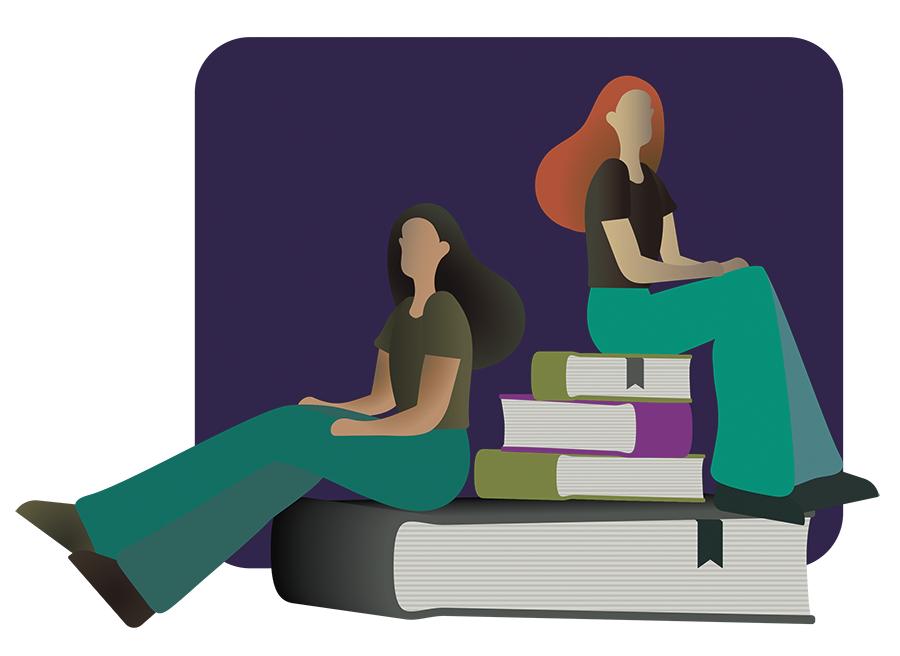There’s help for people in abusive relationships
March 10, 2014
Sometimes, we leap before we look. Biology overrides logic, and we fall for someone that ends up being bad for us.
Love may not be blind, but it is dumb. Most of us find ourselves, at least once in our lives, head-over-heels in love with someone who is not right for us. Sometimes it’s a minor incompatibility that can’t be overcome; he or she is rude, won’t commit to you or doesn’t like any of the same things as you.
Sometimes it can be classified as a minor form of abuse; he or she is mean to you, manipulative or cheats on you repeatedly. Occasionally but tragically, a relationship crosses that thin line from a bad match to abusive.
How do you deal with being in love with someone wrong for you? The most difficult aspect of this situation is finding the strength to want to leave. In general, you can’t fix people, and many people are very good at pretending they are getting better while continuing the bad behavior. If you love someone, you should give him or her the chance to change. The hardest part is identifying the difference between loyalty and co-dependence.
How can you tell when someone you love is really trying, or just claiming to be trying? How many chances do you give your partner before you leave? These are not easy questions, and you have to use your judgment at a time when your judgment is most impaired.
Some situations are black and white. Broken trust is usually irreparable. If someone cheats on you or betrays you in a way you cannot forgive, the good part of that relationship is over.
Abuse should never be tolerated. Those who cannot control themselves well enough to not hurt the ones they love need help. Until they get that help, they cannot be trusted in a relationship. Emotional abuse is hard to identify and harder to accept. Even if you are unsure whether or not your relationship is emotionally or psychologically abusive, it is almost certainly not good for you. If your significant other is hurting you without your consent, leave. If you need help, talk to your friends, family and people you trust. You can also call the Domestic Abuse Intervention Services (DAIS) Help Line at 608-251-4445 or 800-747-4045.
Other situations fall into a grey area. Some people bring out the worst in us but don’t directly harm us. We do things outside our comfort zones for the people we love. Is the direction they push you good for you? Is it a kind of fun you like, and want to keep in your life, or is it something you want to change? Your responses to these questions shape who you are and who you will become.
Humans are amazing; we have absolute power over the kind of person we become. It is, literally, all in our heads, and you get to make the choices that shape your future self. If you are not sure about a relationship, try thinking about it in those terms. The answer may become clear.
Life isn’t easy, and love is certainly one of the harder facets. Good luck out there.































